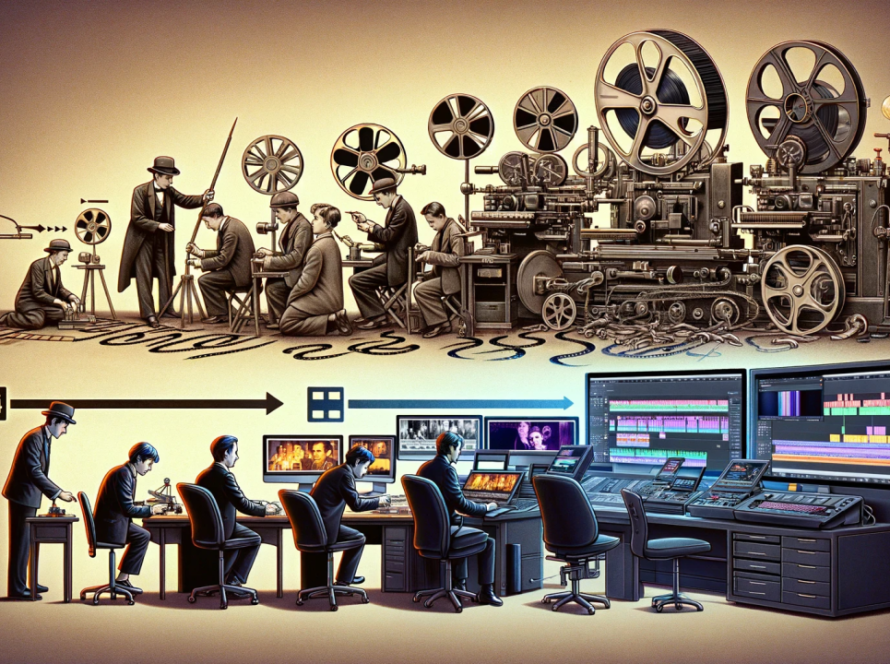How Films Reflect Social Issues
Throughout history, films have often mirrored the social issues of their time. From the civil rights movement to the fight for gender equality, cinema has been a powerful medium for exploring and critiquing societal norms. Movies like To Kill a Mockingbird and 12 Years a Slave address racism, while films like Norma Rae and Erin Brockovich highlight the struggles of women in the workforce. By portraying these issues on screen, filmmakers can raise awareness and spark conversations that lead to social change. Cinema has the power to inspire activism and challenge the status quo.
The Influence of Film on Popular Culture
Movies have a profound impact on popular culture, shaping trends in fashion, language, and behavior. Iconic films like The Matrix and Pulp Fiction have left lasting imprints on how people dress and speak. Lines from movies often become catchphrases, and characters inspire everything from Halloween costumes to fan conventions. The reach of the film extends beyond the screen, influencing music, literature, and even politics. In this way, cinema plays a central role in defining and reflecting the zeitgeist of any given era.
Film as a Tool for Education
Beyond entertainment, films serve as valuable educational tools, offering insights into history, science, and human behavior. Documentaries like An Inconvenient Truth and 13th provide in-depth analyses of environmental and social justice issues. Historical dramas offer audiences a window into the past, bringing events to life in a way that textbooks cannot. Even fictional films can offer lessons about empathy, ethics, and the complexity of human relationships. By educating audiences on important topics, cinema can foster a deeper understanding of the world around us.
The Representation of Marginalized Groups in Film
The representation of marginalized groups in film has long been a contentious issue, with many communities historically underrepresented or misrepresented on screen. However, recent years have seen progress, with films like Black Panther and Moonlight providing authentic portrayals of Black experiences. LGBTQ+ stories have also gained visibility, with movies like Call Me by Your Name and The Danish Girl breaking new ground. While there is still work to be done, the film industry is moving toward greater diversity and inclusion, both in front of and behind the camera.
The Global Influence of Cinema
Hollywood may dominate the global box office, but international films also play a significant role in shaping the film industry. Movies from countries like South Korea, India, and France have gained worldwide recognition, with directors like Bong Joon-ho and Guillermo del Toro making waves in Hollywood. The rise of international streaming platforms has made it easier for global audiences to access foreign films. This exchange of ideas and cultures enriches the global film landscape, offering viewers a diverse array of stories and perspectives.


